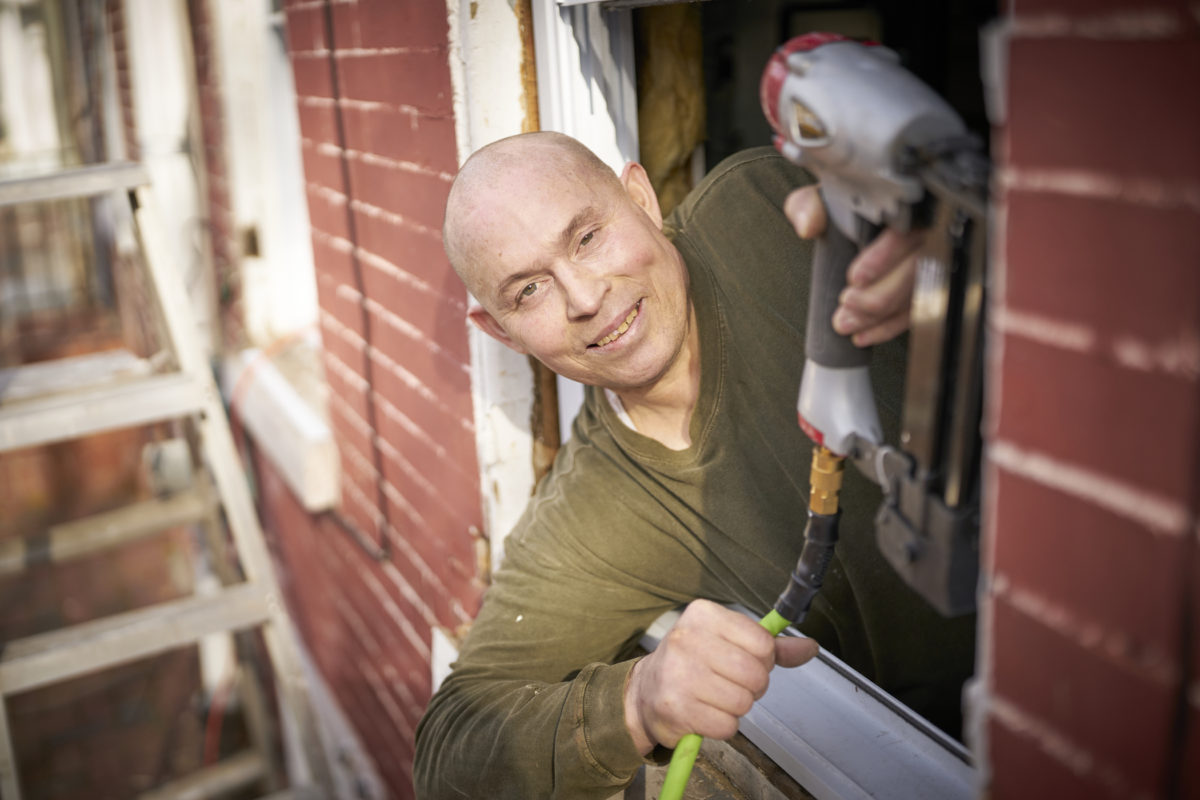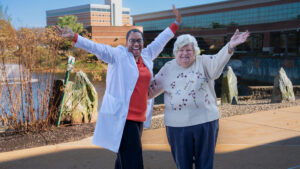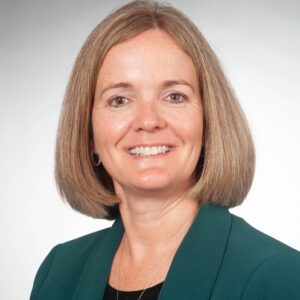Johnny Merced-Agosto had his first taste of alcohol when he was 8 years old, a few sips of wine from his father during the holidays.
By the time he was 12, he was using his lunch money to buy Mad Dog 20/20, the street name for a sweet, fortified wine. That same year, he started using methamphetamines. When he was 14, he started shooting the drug.
“When the other kids were playing and going to school, I was getting high,” he said.
Johnny spent the next 40 years in and out of rehab, in and out of jail, in and out of trouble.
Today, at 57, he is sober, drug-free and living a happy, productive life, thanks, in part, to Project Recovery, an innovative outpatient program at ChristianaCare that takes a compassionate, comprehensive team approach to getting people with addiction issues on the path to a substance-free life.
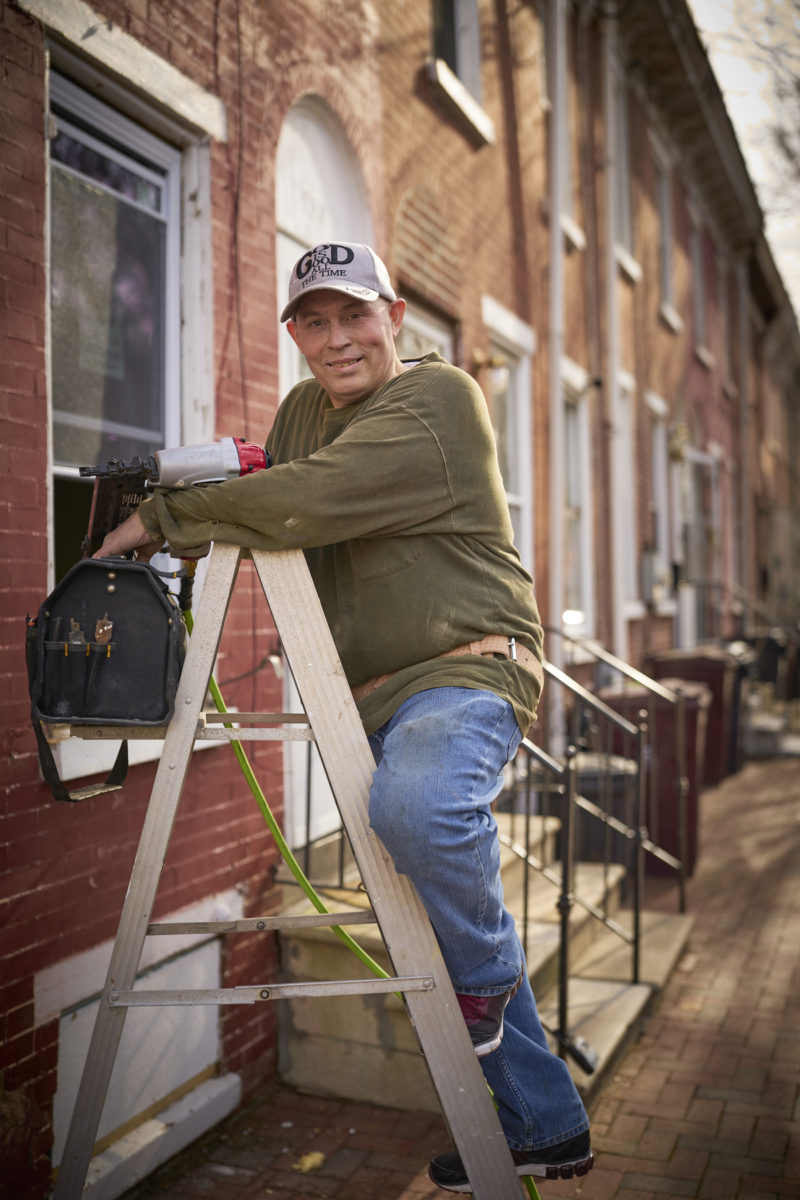
“They don’t judge you. They give you a sense of dignity,” he said. “For the first time in my life, I can look in the mirror and say, ‘Johnny, I love you.’”
His Project Recovery team includes a psychiatrist, counselor and social worker, who met with Johnny to perform a complete assessment of his health and history of substance abuse. In addition to group therapy, Johnny meets regularly one-on-one with Jolomi Ikomi, M.D., a psychiatrist who specializes in treating addiction.
“We try to meet the patient where their needs are through individual therapy, where they can share things they aren’t comfortable talking about in a group,” said Dr. Ikomi. “We also address issues like mental illness, all of which contribute to addiction.”
Getting to the root of addiction is important. Understanding triggers can reduce the likelihood that someone will experience a relapse.
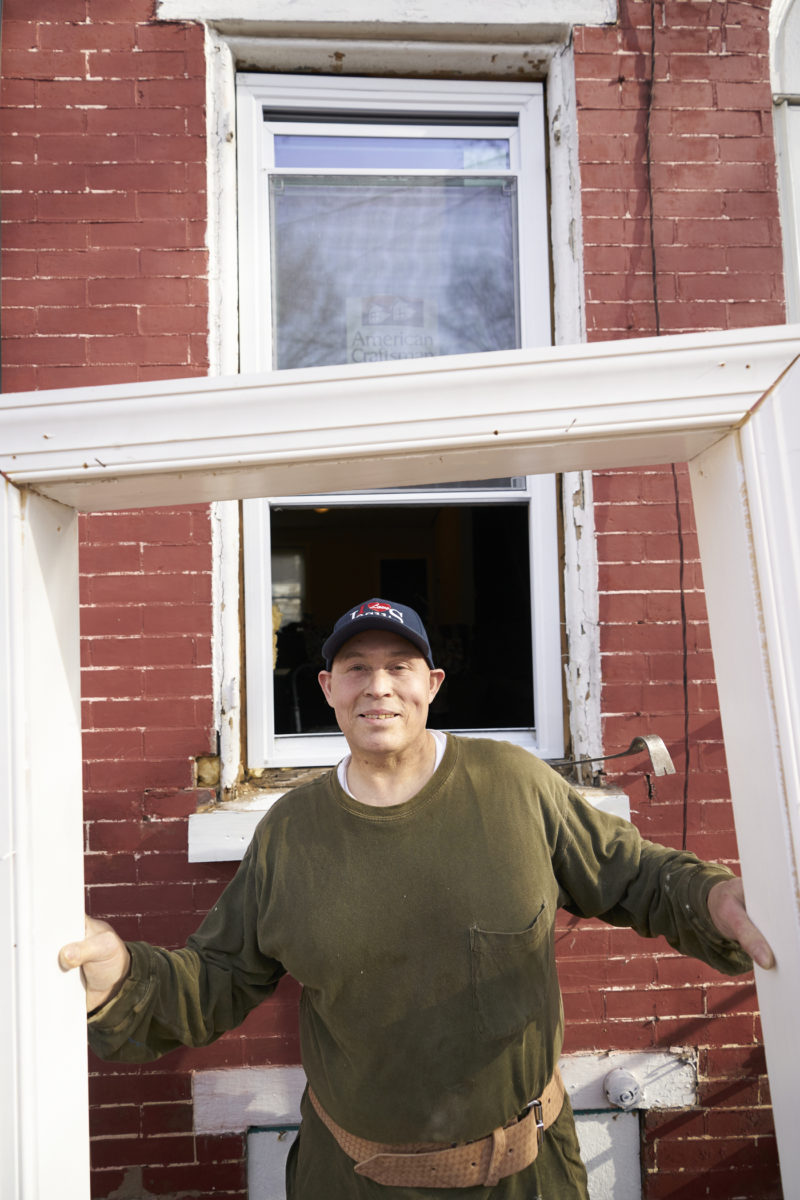
“Addiction is a chronic medical condition, just like high blood pressure. Once there are chemical changes in the brain as a result of drug use, the person is always at risk of relapse,” said Dr. Ikomi. “What counseling does is reinforce the positive things that happen with abstinence and helps prevent negative consequences during times of relapse.”
Merced-Agosto’s addiction impacted every part of his life. He got kicked out of school. He got into fights over drug deals. He lashed out if he felt threatened or disrespected.
“I had great jobs but I couldn’t keep them,” he says. “I was married and had two children with my first wife but I couldn’t keep it together.”
He was connected with Project Recovery in 2018, when he was being treated for an opioid drug overdose at Wilmington Hospital.
Today, Merced-Agosto is a successful, self-employed contractor. He lives in Wilmington, Delaware, with his second wife and is an ordained minister. He is working hard to repair his relationship with his children. He takes medication for his opioid disorder. He attends 12-step meetings at Alcoholics Anonymous.
“Johnny has done well. He has turned his life around,” said Dr. Ikomi. “He is able to manage his impulses with coping skills such as prayer and giving back to the community.”
When he and his doctor get together, Merced-Agosto talks about his challenges and what he is doing to keep his life on track. In Project Recovery, he has learned to be accountable for his actions.
“Grandiose ideas screwed me up. I never had short-term goals,” he said. “Now, I wake up in the morning and thank God for that day.”
To connect with Project Recovery, visit projectrecovery@christianacare.org or call 302-320-9650.
